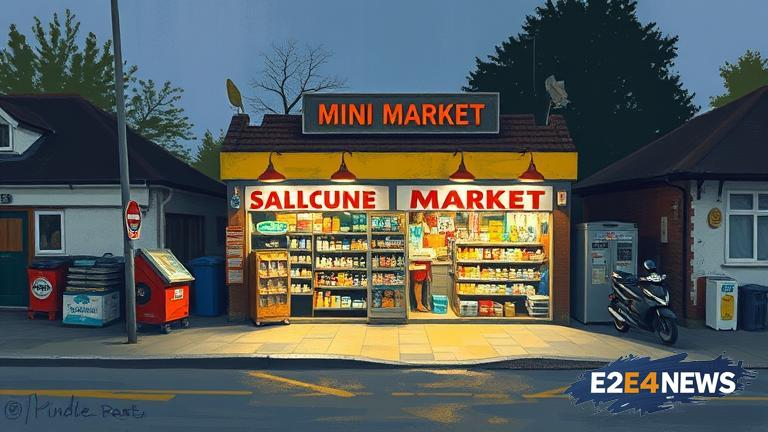A recent decision by the local authorities to refuse an alcohol licence to a mini market in Idle Road has sent shockwaves throughout the community. The market, known as Billy’s, had applied for the licence in order to expand its product offerings and better serve its customers. However, after careful consideration, the licensing committee ultimately decided to reject the application. The reason for the refusal was cited as concerns over increased noise and disturbance in the area, as well as potential negative impacts on the local residents. The decision has been met with mixed reactions from the community, with some residents expressing relief and others disappointment. The owner of Billy’s, who wished to remain anonymous, expressed frustration and disappointment at the decision, stating that the market had taken steps to address the concerns raised by the committee. Despite this, the committee felt that the risks associated with granting the licence outweighed the potential benefits. The refusal of the alcohol licence has sparked a wider debate about the role of local businesses in the community and the need for a balanced approach to licensing. Some residents have argued that the decision will harm the local economy and limit the choices available to consumers. Others have expressed concerns about the potential for increased anti-social behaviour and noise pollution. The local authorities have stated that the decision was made with the best interests of the community in mind and that they will continue to work with local businesses to find solutions that benefit everyone. The refusal of the alcohol licence is not the first time that Billy’s has faced challenges, having previously been subject to complaints about noise and disturbance. However, the market has also been praised for its contribution to the local community, with many residents expressing appreciation for its convenient location and wide range of products. The decision has also raised questions about the effectiveness of the licensing process and the need for greater transparency and accountability. Some have argued that the process is too bureaucratic and that it can be difficult for small businesses to navigate. Others have suggested that the process is necessary to protect the interests of the community and to prevent potential problems. The controversy surrounding the refusal of the alcohol licence has highlighted the complex relationships between local businesses, residents, and authorities. It has also underscored the need for ongoing dialogue and cooperation in order to find solutions that benefit everyone. As the situation continues to unfold, it remains to be seen what the long-term implications of the decision will be. One thing is certain, however: the refusal of the alcohol licence has sparked a lively debate about the future of the local community and the role of businesses within it. The local authorities have stated that they will continue to monitor the situation and make adjustments as necessary. In the meantime, Billy’s will have to consider alternative options for expanding its product offerings and serving its customers. The market has stated that it will continue to work with the local authorities to find a solution that benefits everyone. The situation is a reminder that the relationships between local businesses, residents, and authorities are complex and multifaceted. It also highlights the need for ongoing communication and cooperation in order to build a thriving and sustainable community. The refusal of the alcohol licence has sparked a wider conversation about the importance of balancing the needs of different stakeholders. It has also underscored the need for creative solutions and innovative approaches to addressing the challenges faced by local businesses and communities.
